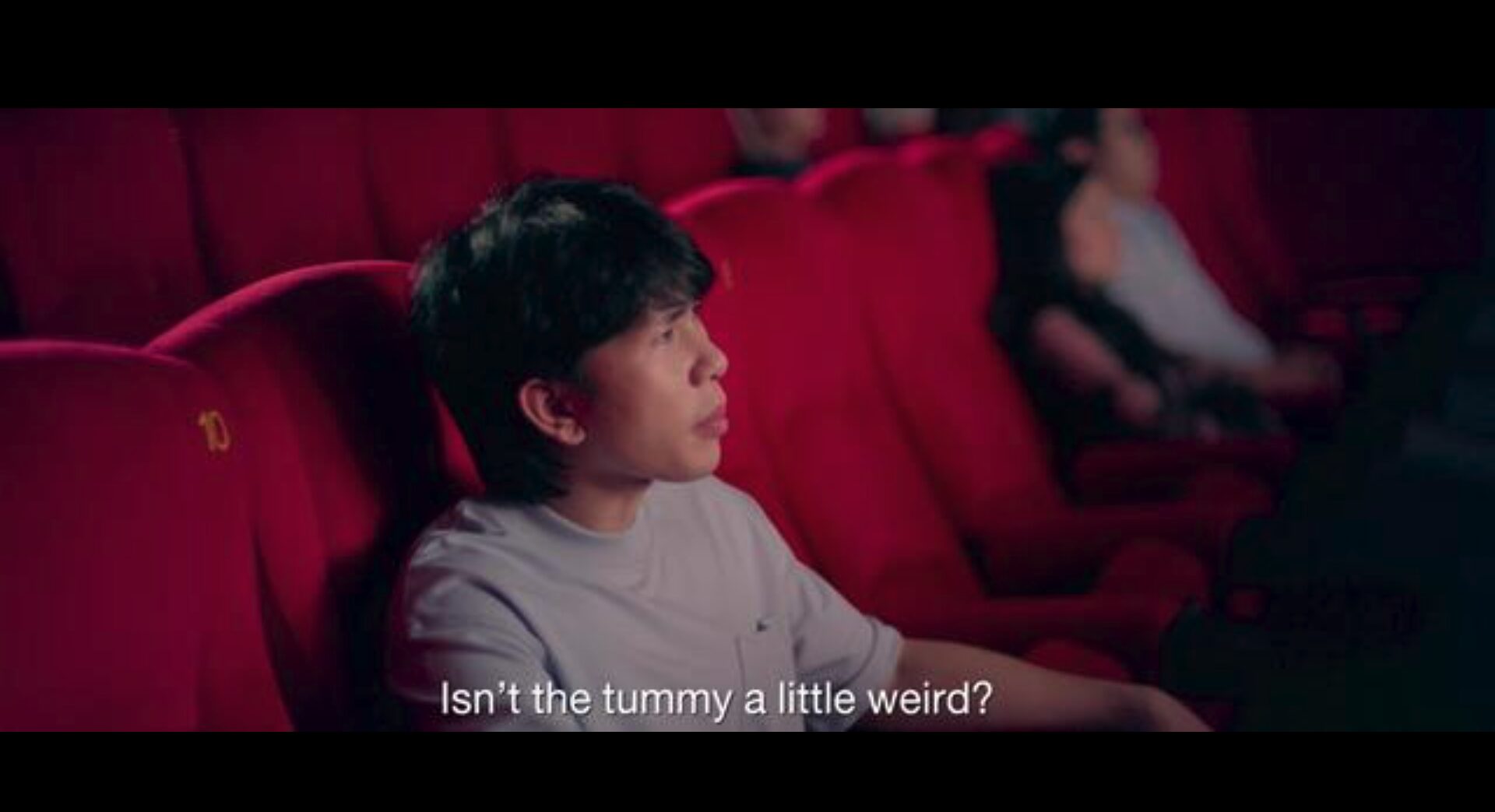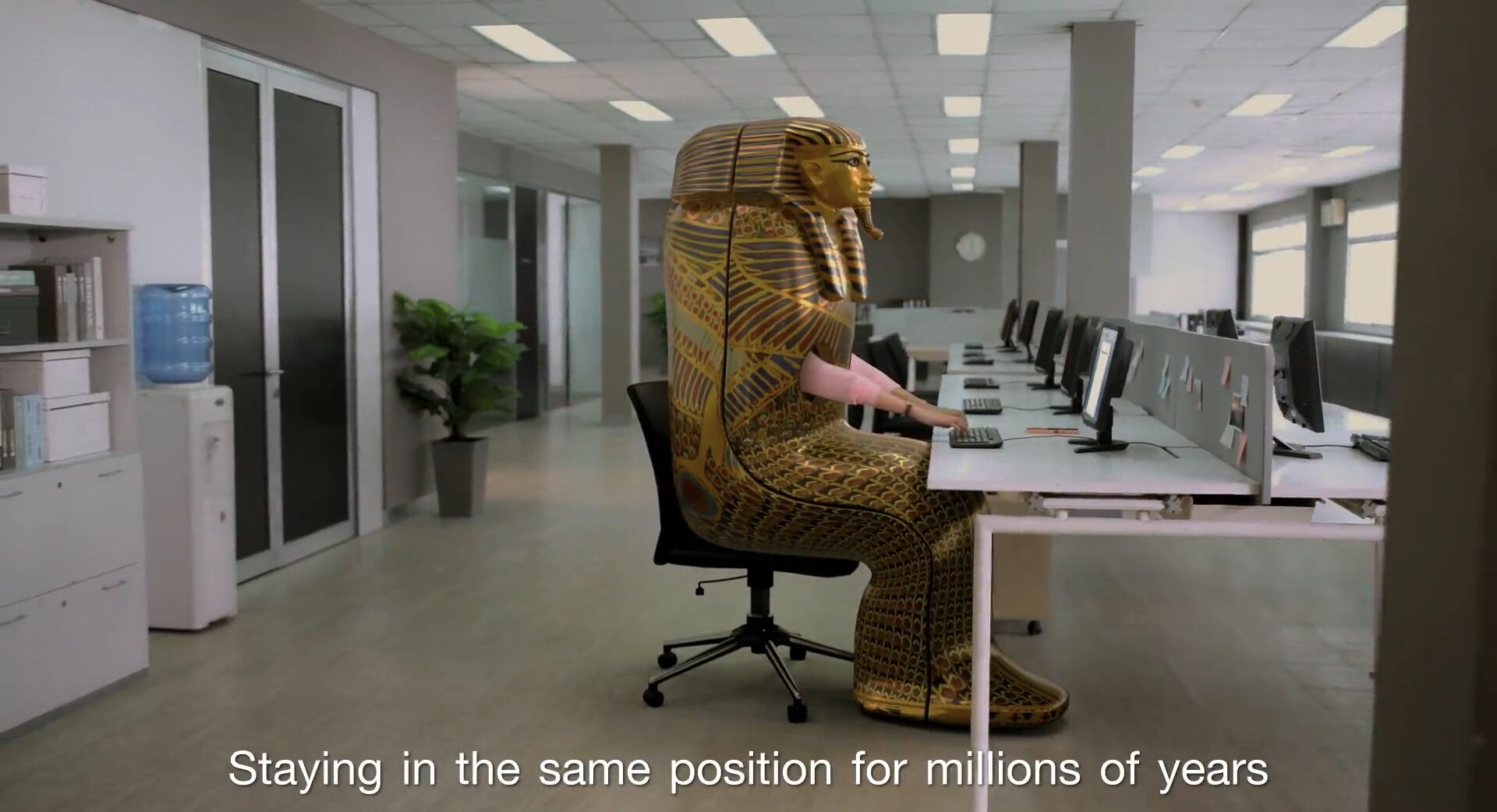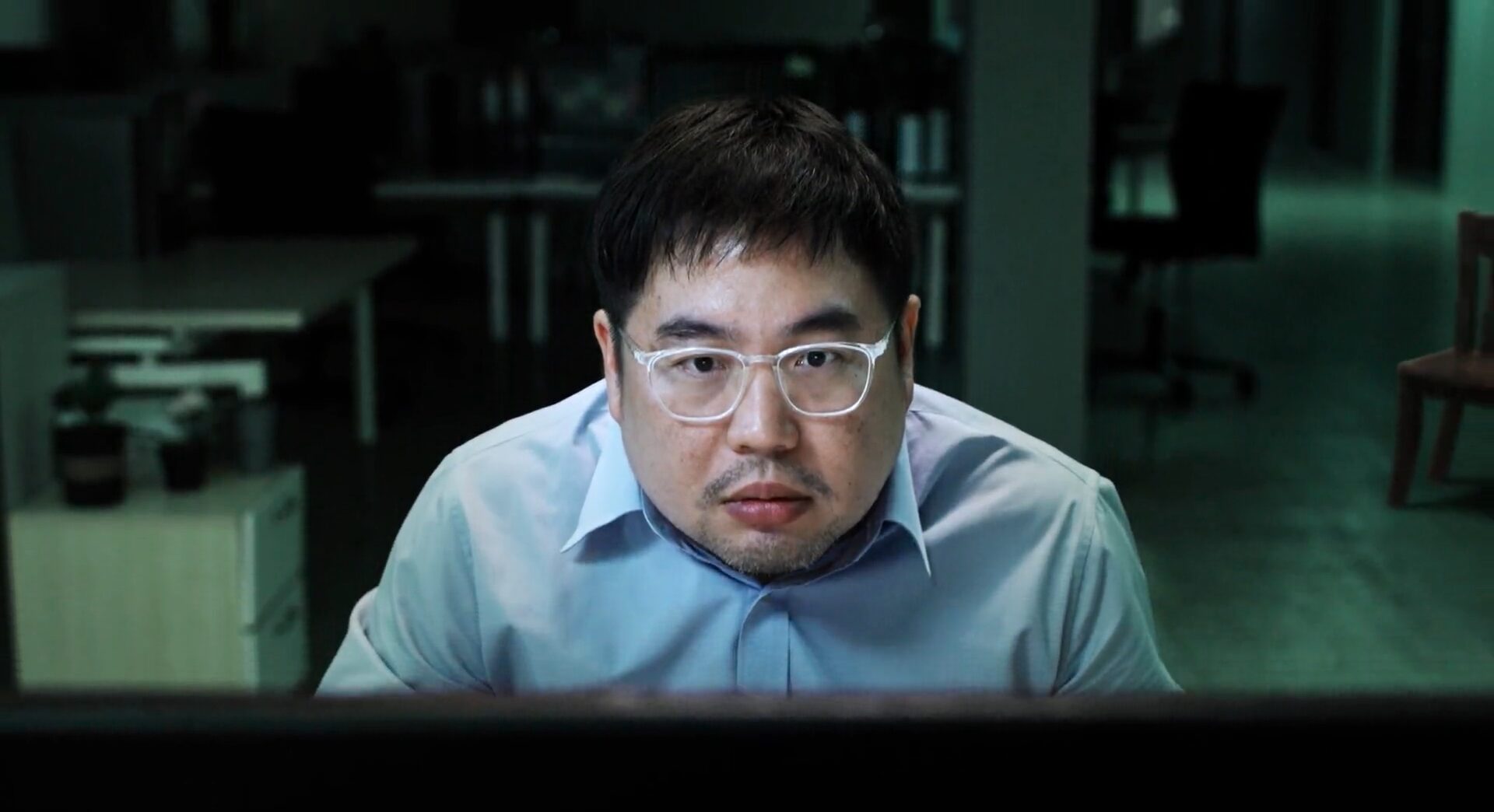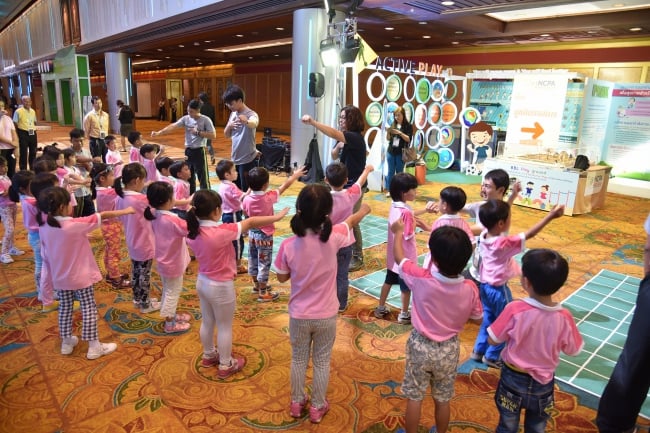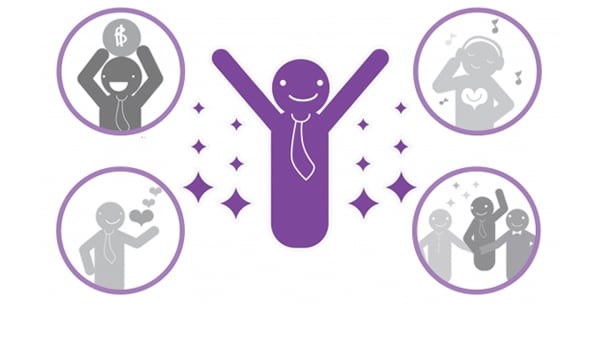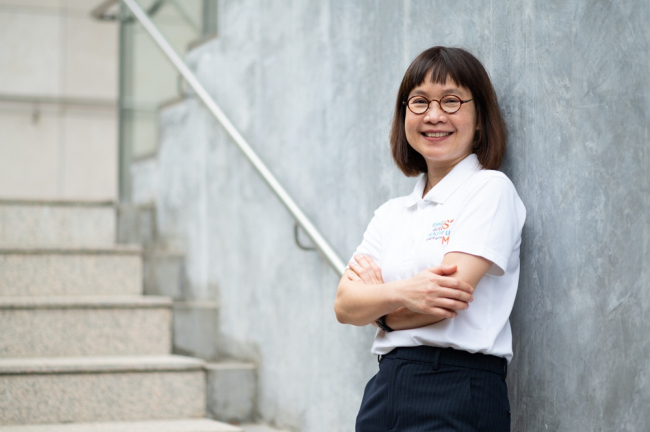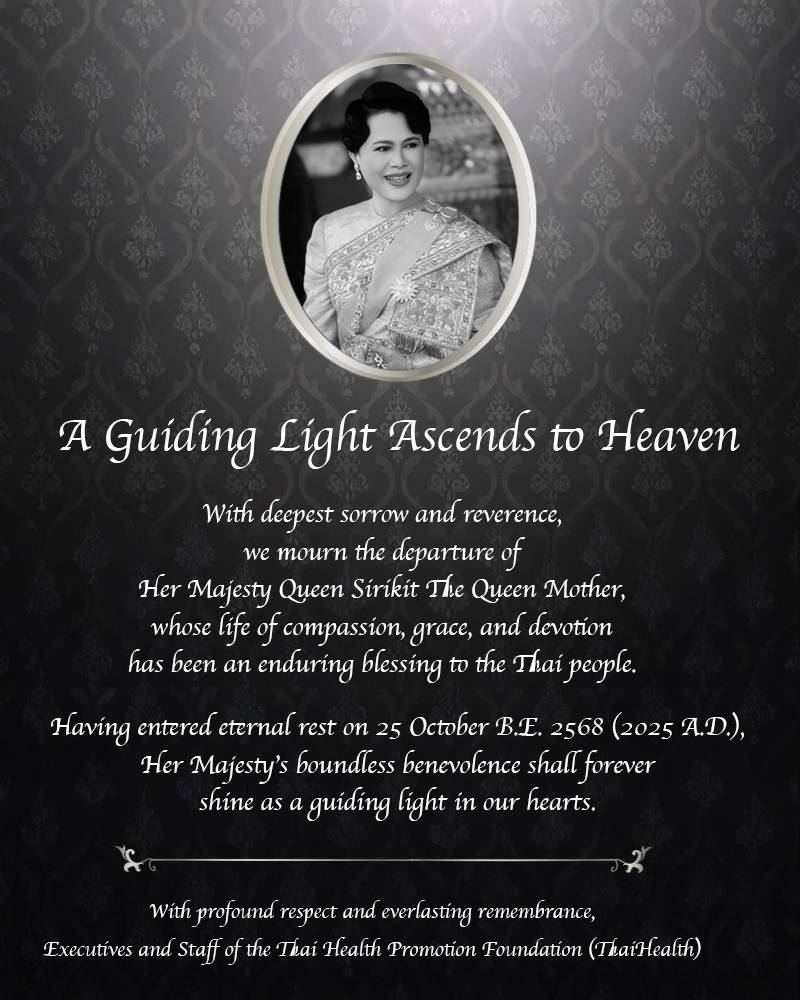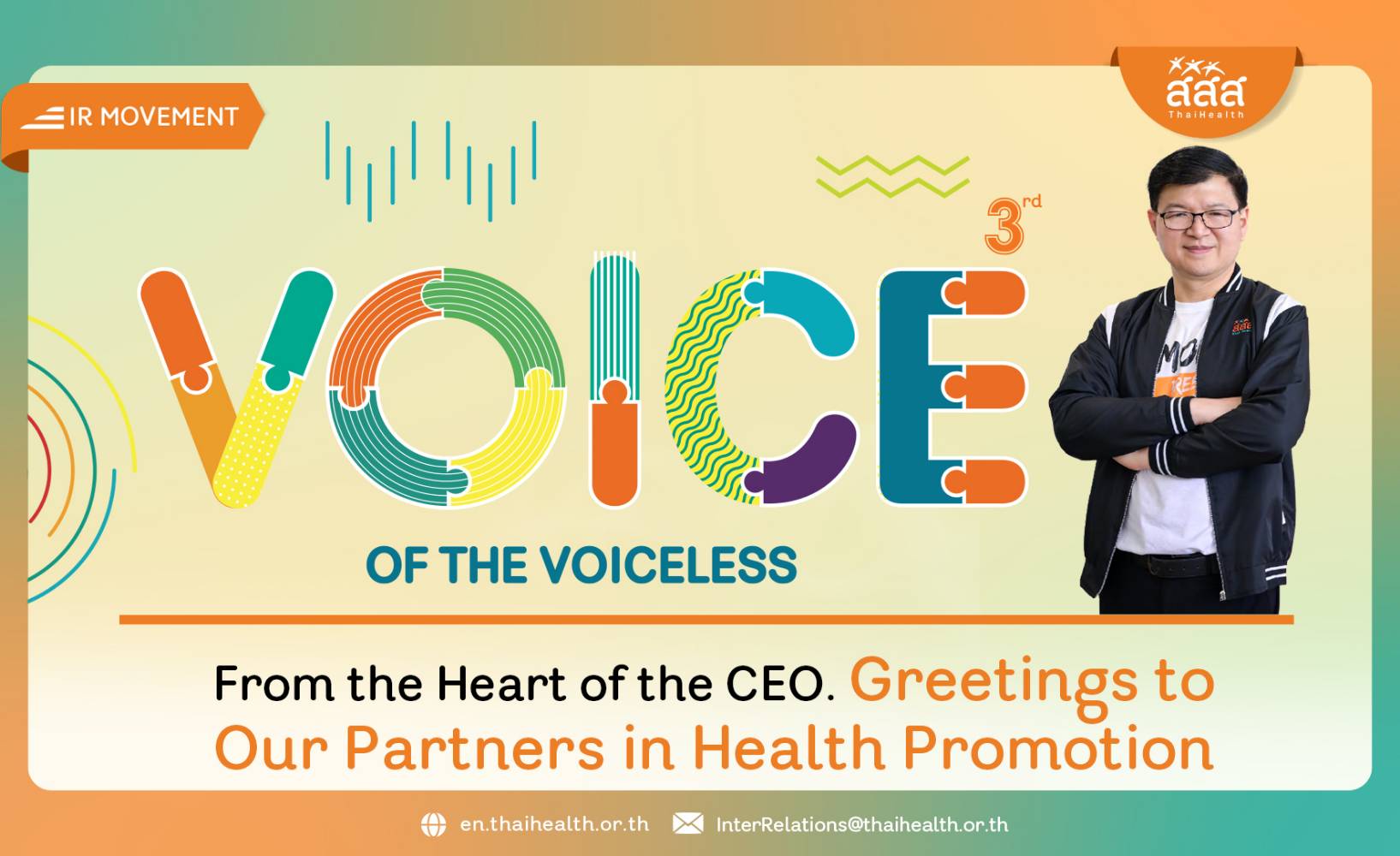
Form the Heart of the CEO. Greetings to Our Partners in Health Promotion
From the Heart of the CEO
Greetings to
Our Partners in Health Promotion
From the Heart of the CEO
Greetings to
Our Partners in Health Promotion
If inequality, disability, homelessness,
or poverty did not exist, it would be an ideal world for many to live in.
Yet, in reality, under capitalism, inequality stems
from various factors, such as gender, age, socio-economic background, occupation, health, and place of residence. Such differences contribute to the persistence of “inequality.”
Most disabilities are not a matter of choice but may be present at birth or caused by accidents or unforeseen illnesses, leading to differences and inequality. As is often said, you will never truly understand persons with disabilities unless you are one. The same applies to prisoners—whether through deliberate action or misstep—who have no choice in their birth.
Similarly, the ethnic groups experience disadvantages simply as they are the minority; had they been the majority, their culture and identity might have shaped the nation. The same is true for migrant populations who often have no choice but to leave their homeland in pursuit of a better life.
Members of LGBTIQN+, once heavily stigmatized, were unable to express their true selves, resulting in mental imprisonment. Meanwhile, informal workers, regardless of being Thai nationals, may be denied certain rights. This is also true for Muslim communities with distinct health risks and behaviors, along with older persons—whom we will become one day.
The existing diversity among these groups has prompted ThaiHealth to support and promote well-being for the vulnerable populations to reduce the gap in inequality and foster equality, thereby achieving good health for all. While diversity—in ideas, beliefs, religion, and culture—is beautiful, physical and mental differences can contribute to “suffering.”
Recently, ThaiHealth hosted the 3rd Academic and Knowledge-Sharing Conference, “Voice of the Voiceless: The Vulnerable Populations,” under the theme “Uniting Health Partnerships: Together in Equality.” ThaiHealth also served as a vital link in
bringing over 4,000 partners from the vulnerable populations to share hands-on knowledge.
Within a society of ideals and aspirations lies a key belief: “A compassionate society can be built.” This starts with understanding all groups, individuals, and viewpoints, embedding such understanding into actions that embrace differences, address inequality, and promote diversity, bringing happiness throughout society.
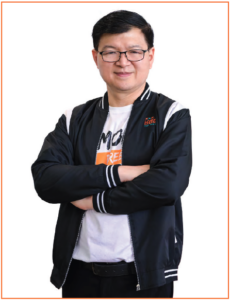
Dr. Pongthep Wongwatcharapaiboon
When I first graduated from medical school, Dr.Boonyong Wongrakmit,—a highly respected figure in Nan Province and Thai public health—once asked me, “Do you know how equality differs from justice?” He then explained, “Justice does not mean treating everyone the same way. It means treating those who are alike in the same way, and those who are different in ways tailored to their differences. Thus, it is both just and the doctor’s duty to provide more attentive care to the poor or persons with disabilities.”
That is the guiding principle behind ThaiHealth’s approach to caring for vulnerable populations. We will remain committed to our work: amplifying the voice of the voiceless, cultivating positive attitudes towards all such populations, encouraging them to take part in policy-making, organizing activities, and advancing efforts that contribute to “an ideal society” and “a compassionate society.”


